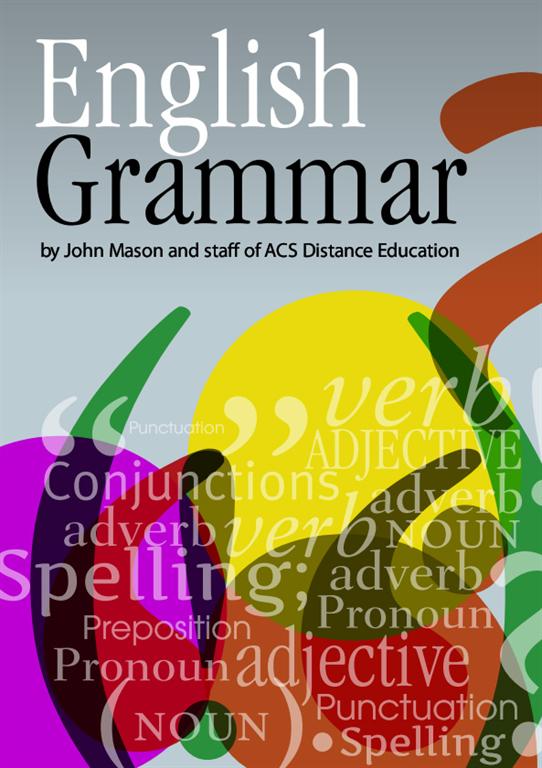When to use a Capital Letter
When Do You Use a Capital Letter?
 The first word of every sentence should start with a capital letter.
The first word of every sentence should start with a capital letter.- The personal pronoun, “I” should always be written as a capital.
- The first word in any direct quotation should always begin with a capital letter (e.g. She opened the door and greeted the visitor, “How nice it is to see you arrive early.”)
- Proper nouns such as names of people, businesses, countries and organisations are normally capitalised (e.g. John Mason, New Zealand and International Accreditation and Recognition Council).
- Hyphenated names are often capitalised (e.g. Mr Smith-Jones)
- Names comprised of two distinct parts may be capitalised at the beginning of each part of the same word (e.g. MacDonald)
- Where a noun has some importance beyond an everyday noun, that words can have that importance indicated by capitalising the first letter of the noun (e.g. Chinese, Muslim, Spanish, Bible, Christmas Day, Pope, President, Jurassic period, Parkinson’s disease)
Variations across different disciplines, organisations and countries.
Rules for capitalisation can vary from place to place and time to time. The way capitals are used in one discipline may sometimes be different for the same written words in another discipline; or in a different organisation (e.g. in botany, Americans often capitalize plant species names that are created from the name of a person or place; but scientists from other countries might not. I.e. Azalea indica in Europe might be written Azalea Indica in some other places)
It is always important to maintain consistency though within the context of any particular organisation or discipline.
Headings and Sub Headings
Publishers set down rules to be followed in what is called a “style guide”. This guide forms a point of reference to be used by writers, editors and layout artists when producing a piece of written work.
Scientific Terms
Some disciplines have governing bodies that establish and promote consistency within their discipline, in the way capitalisation is used.
Capitals with Numbers
Capitalise a noun that is used before a number, for example, "Once you finish reading Chapter 10, skip to the back of the book and read Chapter 18".
Problems with Computers
Computer settings can often capitalise words automatically when you do not mean for them to be capitalised. Often this issue can be fixed by changing settings in a word processing program; but for the less computer savvy person this can become a difficult issue, and may result in writing that is incorrectly capitalised.
This is an extract from the book English Grammar, written and published in 2012 by our staff
See this and other books in our bookshop at
www.acsebook.com
[23/12/2025 09:23:11]